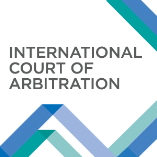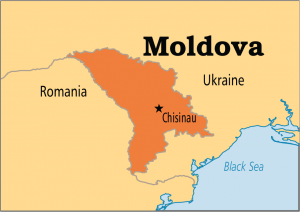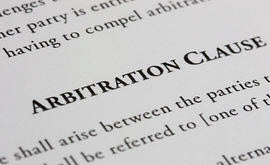Which criteria does the ICC Court apply when deciding arbitrator’s challenges? This is an interesting question with no straightforward answer, especially taking into account that the ICC Court has yet to begin publishing decision on challenges, although it has recently begun providing its reasoning to Parties with respect to its decisions on challenges. The 2012 ICC […]
News
Moldova Investment Arbitrations
In recent years, Moldova has seen a rise in the number of investment arbitrations filed against it. As its judicial system struggles to eliminate corruption and inefficiency, international arbitration is seen as an important tool and a guarantee for international investors. The protection of foreign investments is an important issue in the Moldovan political agenda, since one of its goals is to attract more […]
Emergency Arbitrator Award
Most arbitration rules of the leading arbitration institutions have today introduced the possibility of appointing an Emergency Arbitrator who will decide on Interim Measures (including the ICC, the LCIA, the SIAC, the HKIAC and the SCC). These rules are being increasingly used by parties to request interim measures. The Arbitration Institute of the Stockholm Chamber […]
Document Production under the LCIA Rules
Under Article 15 of LCIA Rules[1], parties only need to submit essential documents, which means identified documents that are relevant to the case and material to its outcome. This concept is common in international arbitration, but differs from English common law traditions, which require far more rigorous disclosure[2]. In order to encompass arbitration held both in common law […]
Escalation Clauses in the ICC Mediation Rules
On 1 January 2014, the Mediation Rules of the International Chamber of Commerce came into force (ICC Mediation Rules), thereby replacing ICC’s Amicable Dispute Resolution Rules. While arbitration under the ICC Arbitration Rules leads to a binding decision from an independent and neutral tribunal, the ICC Mediation procedure seeks to help the Parties reach a […]
Arbitration Clause Tips
The “arbitration clause” or the “arbitration agreement” is the provision in a contract that allows the parties to have their dispute resolved by an arbitral tribunal instead of ordinary State courts. An arbitration clause is binding and the parties cannot renounce unilaterally to the jurisdiction of the arbitral tribunal. In order to draft an effective […]
Aceris Ranked Among Best International Arbitration Law Firms
Aceris has been ranked among the best international arbitration law firms in the latest rankings of Décideurs, the Legal 500/Chambers of France. The best international arbitration law firms were led by Shearman & Sterling, where Aceris’ founder began his legal career, but also included a number of newer international arbitration boutique practices such as Aceris. […]
French Arbitration Law
Introduction to the “New” French Arbitration Law The Decree no. 2011-48 issued by the French Ministry of Justice on 13 January 2011 provides the framework for the new French Arbitration Law (the “2011 Reform”). It is found in Articles 1442-1527 of the Code of Civil Procedure and contains provisions specific to domestic arbitration, international arbitrations, and common […]
Time Limits to Initiate an Investment Arbitration
The initiation of arbitration proceedings on the basis of investment protection treaties may be subject to time limitations (ratione temporis limitations). The most common types of time limits are the provisions establishing cooling-off periods that may require claimants to wait and attempt to solve the dispute amicably before they can bring a claim. Less common […]









